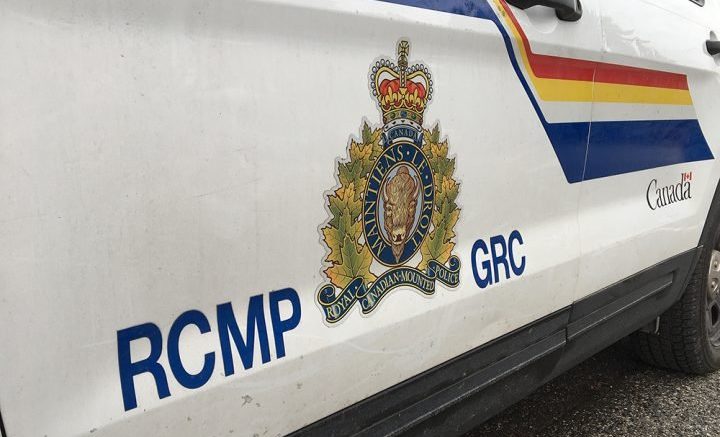By Rob Houle, Local Journalism Initiative Reporter
(ANNews) – As hostility continues to grow across the Nation regarding the lingering pandemic, restrictions and conspiracy theories, trouble continues to boil over in the South of Alberta. Beginning on January 29, 2022, an offshoot of people associated with the “Freedom Convoy” has been blockading the only twenty-four hour border crossing between the United States and Canada. The crossing at Coutts, Alberta remains landlocked, with many motorists being stranded on both sides of the international border for almost a week.
On Tuesday, after days of deliberation and negotiation, the RCMP in Alberta decided to move in, giving the blockaders another few days to either remove themselves or potentially face charges. If that approach seems nonsensical to the reader, they are not alone.
Many across social media and conventional media have called out the lackadaisical approach of police forces, not only along a major International border, but also the Nation’s capital. The fact that a handful of individuals, with little legal recourse or justification, can continue to hold major routes and the downtown of Ottawa hostage is extremely troubling.
One does not have to look any further than the ongoing Tiny House Warriors, or those protecting the British Columbia Old Growth forests to see how differently protests are handled by police. In Ontario, land protectors pushing back against disputed developments at Land Back Lane were met with force and charged by police, only to later have those charges quashed.
It seems, to an objective viewer, that the RCMP and other authorities have a different set of rules of engagement when removing BIPOC (Black, Indigenous and People of Colour) opposition. We can also remember the Black Lives Matter protests of 2020, which marched through capital cities and along roadways to bring attention to differential policing, only to be met with riot geared officers, snipers and armoured vehicles.
It was only in June 2020 that the Kenney Government forced Bill 1: The Critical Infrastructure Defence Act into existence, an Act that was a direct result of the Wet’suwet’en railway solidarity blockades. These supply line interruptions were in place for hours, and sometimes days, but nothing to the extent we are seeing at the International Border.
So one must question why police and others have not utilized the tools created for this specific event. Many have called out similar beliefs between police and the blockaders, others have raised the fact that the violators may be the Conservative base, with politics influencing decisions to enforce.
One thing remains for certain, that if these blockades had been perpetrated by BIPOC individuals, or in the name of climate change or resource development, it would not have lasted as long as it has. This should point to many in this country that there exist deep divides within our population, and that the differences we see in enforcement is not imagined, but a tangible and measurable metric of discriminatory policies.
In order for things to proceed to a new normal, we must continue to question the actions of those in power, and push for meaningful intervention to quash these growing fringe groups.



Be the first to comment on "Blockades, policing and politics – the double standard at the Coutts Border"